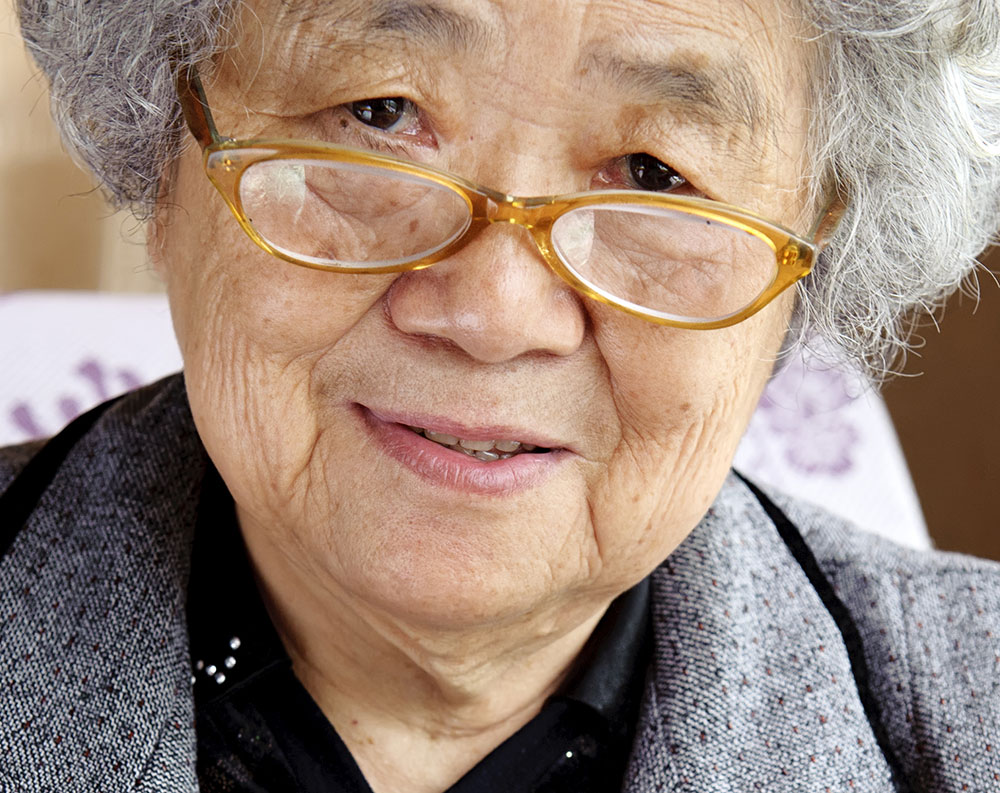
Providing telephone reassurance and check-in calls is a key strategy that is being widely used across the country to address social isolation among older adults and others, particularly in light of the COVID-19 pandemic. Recognizing that certain conversation skills can help to build trust and deepen engagement, ADvancing States partnered with Emergency Design Collective to create a new Conversation Tips Toolkit designed to support reassurance and check-in programs. This Toolkit is intended to benefit volunteers and staff who are participating in outreach calls with individuals receiving services. The Toolkit provides a collection of conversation tips in the areas of building trust, creating engaging conversation, understanding expectations and roles, and caring for yourself. The Toolkit is accompanied by a ‘Buzzfeed style’ quiz referencing The Golden Girls to serve as an entry point to the conversation tips. Guidance is provided in the Toolkit on how these materials can reinforce volunteer training.

This course provides training materials for the CRS-A/D (formerly CIRS-A/D) curriculum developed by ADvancing States' National I&R Support Center. The materials include trainer, trainee, and supplemental materials. This course is restricted to individuals who have participated in the Support Center’s train-the-trainer initiative.


This course offers participants an overview of key issues relevant to providing information and referral/assistance (I&R/A) to individuals with disabilities. The course covers disability awareness, effective communication, services and resources, and disability rights. It will help participants expand their understanding of disability to improve I&R/A services. This course was originally designed to allow Certified Information & Referral Specialists—Aging (CIRS-A) to grandfather to the Certified Information & Referral Specialist— Aging/Disabilities (CIRS-A/D) credential.


This course describes key communication techniques for aging and disability professionals. Many professionals utilize key communication techniques every day. While all aging and disability professionals can benefit from using key communication techniques, these techniques are regularly utilized by some professionals who work directly with clients, such as Information and Referral/Assistance (I&R/A) Specialists, Options Counselors, Person-Centered Counselors, and Benefits Counselors. For consistency purposes, this course will refer to all aging and disability professionals who work with clients as counselors.

This course will provide an overview of the Asian American and Pacific Islander (AAPI) Aging population for Information & Referral/Assistance (I&R/A) staff and providers. During this course, the National Asian Pacific Center on Aging (NAPCA) National Resource Center on AAPI Aging will provide a general overview of AAPI older adult populations throughout America, including demographic trends, cultural diversity and barriers to accessing services. The course will offer strategies for staff and providers to integrate cultural and linguistic competence into their work with AAPI older adults, strengthening access to the Aging Network’s long-term services and supports system for this diverse group nationwide.

This course describes ways in which Information
& Referral/Assistance (I&R/A) staff and providers can improve services
and resources provided to people with intellectual and developmental disability
(I/DD) and their families. People with I/DD and their families may experience
several challenges over the course of their lifespan, and these challenges must
be navigated in a manner that respects how each person’s and family’s cultural
values may impact their experiences and understanding of disability. This course
will offer strategies that staff and providers may use to integrate cultural
and disability competence into their work with people with I/DD and their
families, strengthening access to the support system for this diverse group
nationwide.